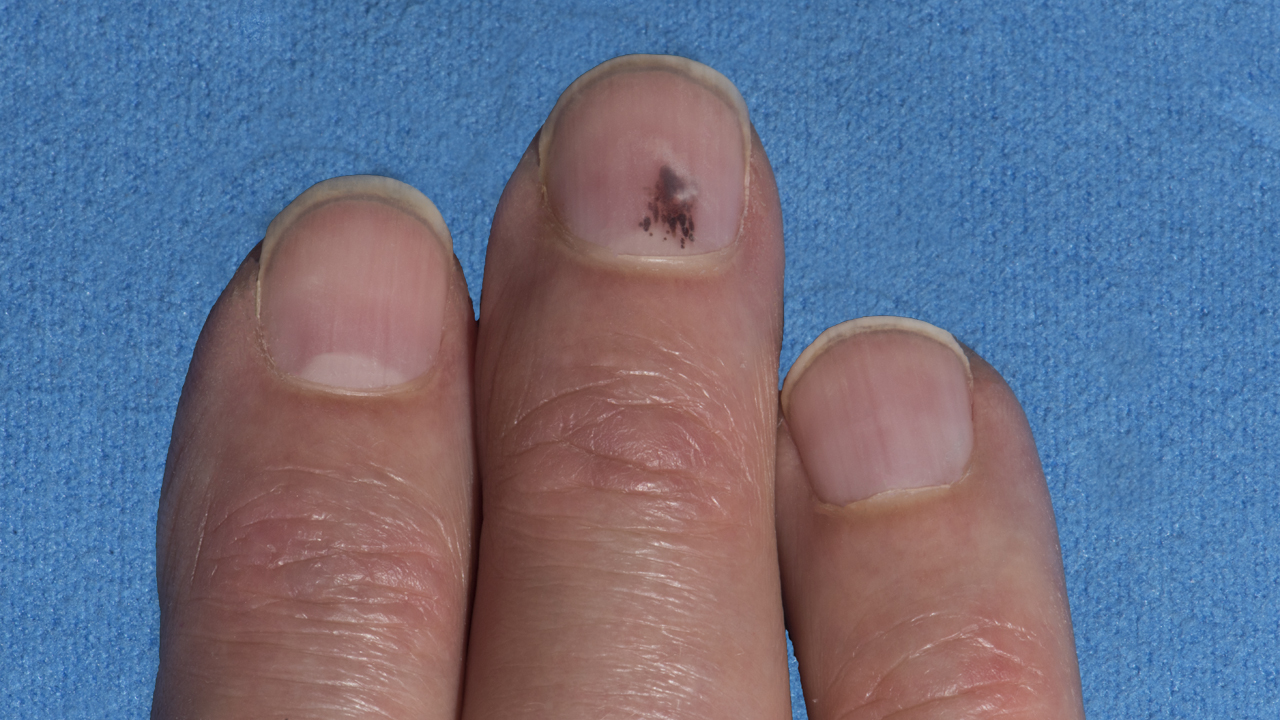Everyone knows that when skin moles change in color, shape, or texture, you should have them checked by a medical professional. The doctor may say, “When a mole looks suspicious, have it checked.”
But what does “suspicious” mean? And what are you or a doctor looking for when checking moles for changes?
If you have a sore that doesn’t seem to be healing, if a mole grows, or changes from pale to dark in color, or if an abnormally shaped (not circular) mole appears to change, get in to see a doctor. As suggested by a LifeScript.com article, if the doctor doesn’t have any appointments available, tell the nurse that you have a suspicious spot that you would like to get checked out. They should be able to get you in relatively quickly.
When you or a doctor is checking a mole the following should be considered, as recommended by the American Society for Dermatologic Surgery:
A – asymmetrical or uneven shape. One half of the mole is different from the other half.
B – irregular border. Edges may be ragged or blurred.
C – changes in color, or uneven color. The mole may be brown, red, tan, or black.
D – diameter. The mole is large – one-fourth inch or bigger.
E – evolving. Report any change in a mole’s size, shape, elevation or feel.
Do you have a question about skin conditions? Check out EmpowHER’s pages. Sign-up, post a question, share your story, connect with other women in our groups and community, and feel EmpowHERed!
Resource:
LifeScript.com: 13 Questions to Ask Your Doctor About Melanoma
EmpowHER: Skin Cancer: Don’t Be Scared, Be Well Informed, Take Our Quiz
Christine Jeffries is a writer/editor for work and at heart, and lives in a home of testosterone with her husband and two sons. Christine is interested in women’s health and promoting strong women.






Add a CommentComments
There are no comments yet. Be the first one and get the conversation started!